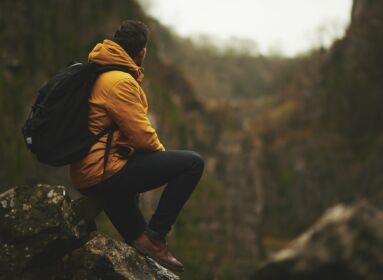The good thing about the various global brands is that they are inexhaustible in ideas when it comes to new and new issues to cause remorse in their dearest white customers. Francesca Rivafinoli's article was published on the Vasárnap portal, from which we present an excerpt.
Just now, the popular American hiking clothing brand, The North Face, came up with a special campaign in Germany, in the framework of which it addressed the general public with the following message (carefully eliminating the possibility of commenting): "Hiking was dominated by whites, men, the middle class it seems to be an area that is neither accessible nor attractive to many. This must change, because nature does not belong to anyone."
In short: hiking in the forest or climbing a mountain as a white person is an exclusionary, racist move.
When we first hear that, we are startled, because we have already learned in the previous lessons: classical music is also a manifestation of white supremacy, chess is the same (white always starts!!), we are not allowed to have a picnic, because the syllable "-nik" alliterates "n* ger" - so the range of salon-worthy leisure activities is starting to narrow down quite a bit. After all, you can't just snuggle up on the sofa and read, for example, the famous crime novel "Tiz kísí - párdon" "Because there are no more people".
However, a few things are suspicious here. If you visit The North Face webshop and try to choose an African country to ship a good starter kit to, you are sad to find that it is not possible. The company mails its products everywhere, free of charge: to Germany, Sweden, the Netherlands, and even to Singapore (where the most hardy can even conquer the 163.63-meter-high Bukit Timah hill) - just not to Africa. And if the experience in the company's T-shirts and pants is really just a walk in nature, then perhaps this feeling should be made accessible to Africans as well. Especially if the company wants to win new non-white customers en masse. Or is it just that there are few African Americans in the Black Forest?
Francesca Rivafinoli's full article here .













